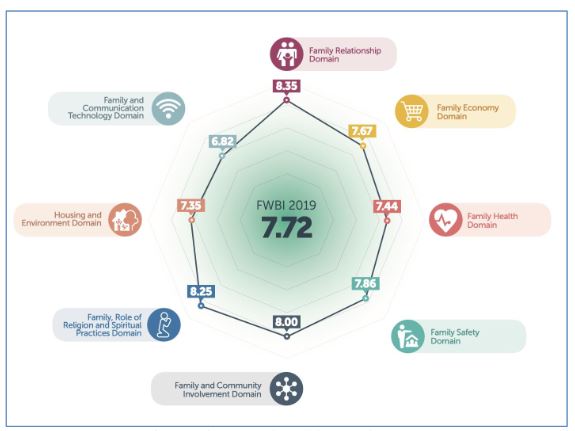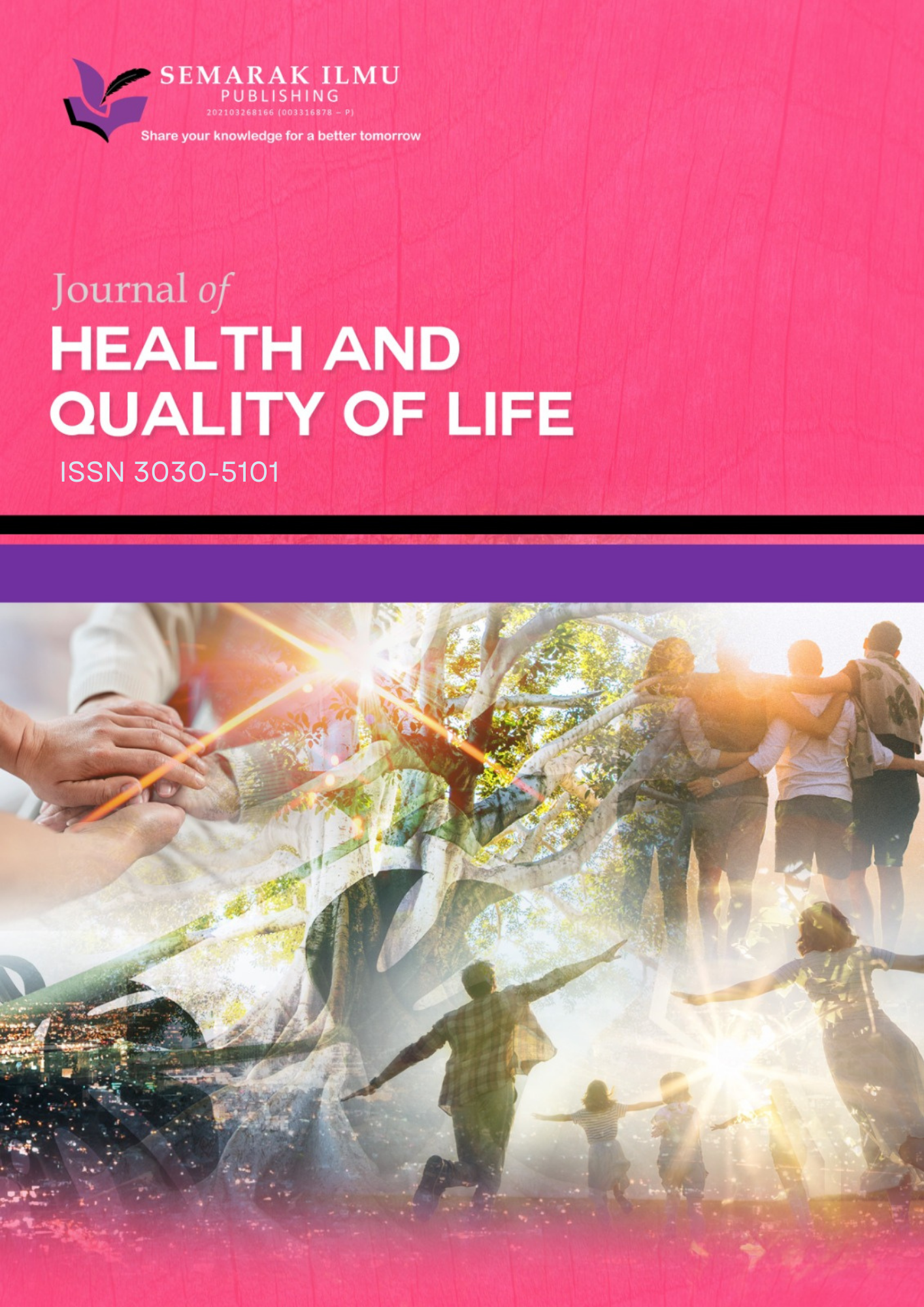Building Resilience: A SWOT and TOWS Analysis of LPPKN's Role in Enhancing Population Quality and Family Well-being in Malaysia
DOI:
https://doi.org/10.37934/jhqol.2.1.111Keywords:
National Population and Family Development Board (LPPKN, SWOT Analysis, TOWS Analysis, Family Well-being, Population, MalaysiaAbstract
The National Population and Family Development Board (LPPKN) plays a crucial role in shaping Malaysia's demographic landscape, but there are challenges to be tackled. This article conducts a thorough SWOT (Strengths, Weaknesses, Opportunities, Threats) analysis of LPPKN, exploring its impact and effectiveness in promoting population and family well-being. Additionally, a TOWS (Threats, Opportunities, Weaknesses, Strengths) analysis refines our understanding of LPPKN's strategic positioning. The research employs a dual-method approach, combining web-based desk review and structured interviews. Seven central themes emerge from the SWOT analysis, including legislative framework and policy environment; integrated educational programs; comprehensive reproductive healthcare services; innovative research; information sharing and public awareness; skilled and dedicated personnel; technological innovation and digitalization. The TOWS matrix identifies 28 potential key strategies aligning internal strengths and weaknesses with external opportunities and threats. The study identifies Malaysia's legislative frameworks and policies as strengths in promoting family well-being and population management, despite ongoing challenges from evolving societal demands and international integration. Opportunities in leveraging technology for education and establishing a National Subfertility Centre are noted, countered by threats from rapid socio-economic-political changes and governance issues, requiring strategic adaptation. By integrating SWOT and TOWS analyses, this study provides recommendations for LPPKN's strategic development, aiming to foster a resilient environment that supports Malaysia's population well-being and family dynamics.
Downloads














